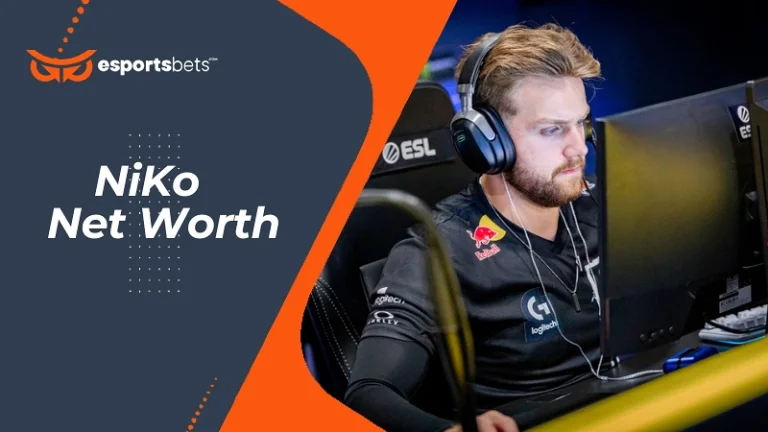Why Esports Betting Will Continue To Grow
The growth of esports is evident in the expansion of esports leagues and competitions organized by influencers. This has positively impacted esports betting, as the growth in viewership shows no signs of slowing down.
Evolution of Esports Leagues
Since the early 2000s, televised esports has become a worldwide phenomenon, and game developers have created several esports leagues. These esports leagues and events have attracted millions of fans, facilitating esports betting over the years.
An example is Riot Games’ League of Legends, one of the most watched esports titles. Since its release in 2009, the game has been free to play, which has been a key factor in its success as an esports title.

Another example is CS:GO, which Valve and Hidden Path Entertainment developed. Although it was a commercial success, CS:GO didn’t gain the same popularity as other popular titles such as Call of Duty. However, in 2017, the title was picked up by mainstream media outlets and was featured in professional games broadcasted on cable television.
Betting Operators Integrating Esports Offerings
As the esports industry is experiencing rapid growth, betting operators are starting to recognize the market’s potential. Non-endemic and endemic brands are now sponsors and partners of various esports teams and events. This is similar to how sports betting partnerships have become dominant in many European leagues.
An example is 1xBet, one of the leading betting companies in the world, which decided to partner with ESL, one of the world’s most notable esports tournament organizers. Due to the presence of ESL in the CS:GO and Dota 2 leagues, the partnership represents great success.
The rapid emergence and growth of the esports betting market in the US also allowed for more sponsorships. One of the most prominent examples was the partnership between DraftKings and FaZe Clan, a well-known American esports organization.
In addition, Sports betting app operator FanDuel has added esports betting to its offerings in all states where they operate their mobile app. This includes New Jersey, Indiana, West Virginia, and Pennsylvania. This trend continues as more betting operators are beginning to integrate esports betting.
Continued Education By Regulators
There are many pros and cons to integrating esports. The main advantages are the increased financial opportunities and the pressure to ensure that the games are conducted fairly. However, risks are also involved, such as the lack of legitimacy, limited regulation, and the potential for abuse.
One can say that the risks outweigh the pros of esports betting. The lack of transparency and the potential for biased sponsors can affect the image of esports and impact the fans’ trust. This is one of the reasons why education by regulators is essential.
Due to its nature, esports betting now has a huge demand. Operators are looking to be able to provide it to their players, and this is why they need to make sure that it is regulated and players are protected.





















